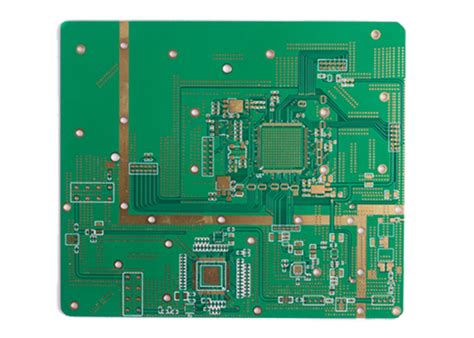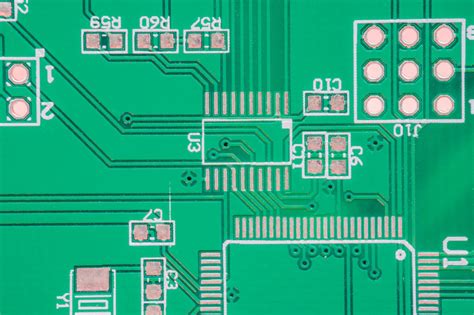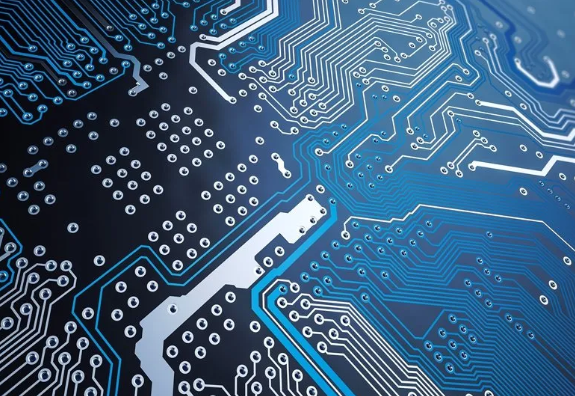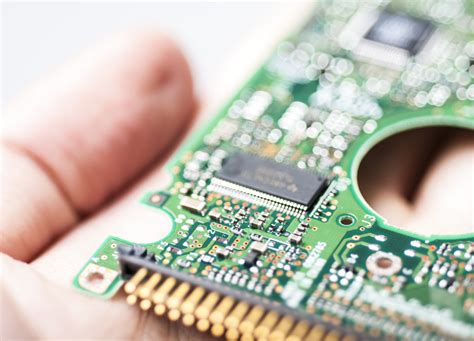Ultra-Low Volume PCB Manufacturers: Budget Options for Prototyping
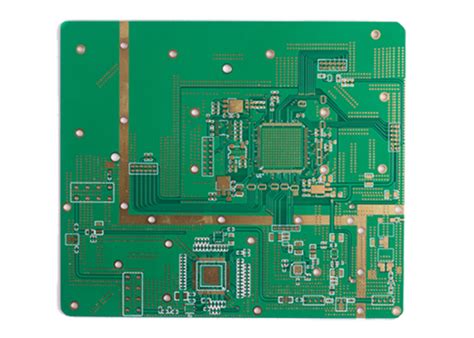
Key Takeaways
When exploring PCB manufacturing for prototyping, understanding how PCB manufacturing companies balance PCB manufacturing cost with reliability is crucial. For 1-5 unit orders, you’ll want providers that specialize in ultra-low volume production while maintaining quality—critical for field-testing or hobbyist projects. Companies like JLCPCB, PCBWay, and OSH Park dominate this niche, offering competitive pricing structures tailored to small batches.
Here’s a quick comparison of key factors:
| Provider | Base Cost (1-5 units) | Lead Time | Notable Features |
|---|---|---|---|
| JLCPCB | $2-$10 | 24-72 hours | Instant quotes, FR-4 options |
| PCBWay | $5-$15 | 48-96 hours | Advanced material library |
| OSH Park | $10-$25 | 5-10 days | Community-driven, free shipping |
Your choice depends on prioritizing speed, budget, or specialized materials. While PCB manufacturing business models often favor bulk orders, these providers optimize for prototyping by streamlining processes like panelization or reducing setup fees. For deeper insights, review industry benchmarks on balancing cost and quality.
Always verify certifications (e.g., ISO, UL) and customer reviews—even low-cost prototypes must withstand rigid testing. Hidden fees, like shipping or design checks, can inflate PCB manufacturing cost, so clarify terms upfront. By aligning your needs with provider strengths, you’ll maximize value without compromising functionality.
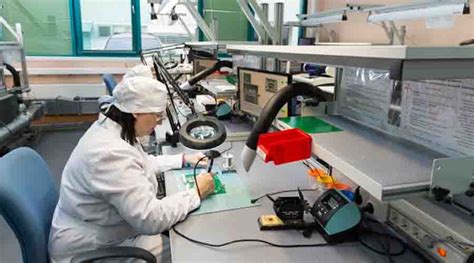
Affordable PCB Prototyping Services
When exploring PCB manufacturing for prototypes, balancing affordability with reliability is critical. Many PCB manufacturing companies specialize in ultra-low volume orders, offering services tailored to prototyping needs without compromising on turnaround times. For projects requiring 1-5 units, you’ll want to prioritize providers that minimize PCB manufacturing cost through streamlined processes like panel-sharing or standardized material options. While budget-conscious decisions are essential, verify that suppliers maintain quality certifications (e.g., ISO 9001) to avoid costly revisions later.
Most hobbyist-friendly manufacturers optimize their PCB manufacturing business models for small batches, often providing instant quoting tools and design rule checks to reduce errors. Look for transparent pricing structures—some charge per square inch, while others factor in layer count or surface finishes. If speed matters, confirm whether "quick-turn" services align with your timeline. Remember, the cheapest upfront quote might not account for hidden fees like shipping or tooling charges. By comparing these variables, you can identify providers that deliver functional prototypes at competitive rates, ensuring your design is ready for rigorous field testing.
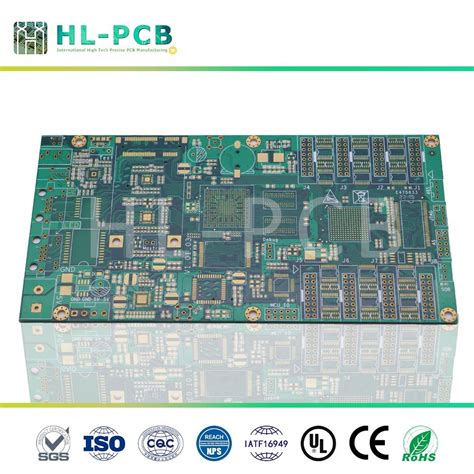
Top Low-Cost PCB Manufacturers
When sourcing PCB manufacturing services for prototypes, you’ll find several PCB manufacturing companies that specialize in balancing affordability with quality. Providers like JLCPCB, PCBWay, and OSH Park dominate this space, offering streamlined processes tailored for ultra-low volumes. JLCPCB, for instance, leverages economies of scale to minimize PCB manufacturing cost, with prices starting at $2 for 10 boards (1-2 layers). PCBWay counters with faster lead times—often under 72 hours—while maintaining competitive rates for rigid boards. OSH Park, though slightly pricier, appeals to hobbyists with its signature purple solder mask and no-tooling-fee model.
Tip: Always verify certifications like ISO 9001 or UL listing when evaluating budget options—this ensures your low-cost prototypes still meet industry compliance standards.
What sets these providers apart is their focus on scalable workflows for the PCB manufacturing business. JLCPCB’s instant online quoting system, PCBWay’s design-for-manufacturing (DFM) checks, and OSH Park’s community-driven platform all simplify prototyping. While material choices (FR-4, aluminum, etc.) impact final costs, these companies offer transparent pricing calculators to help you balance budget and performance. For field-testing boards requiring durability, prioritize suppliers offering thicker copper layers or HASL finishes—even at marginally higher rates.
By aligning your project’s needs with these cost-optimized services, you can reduce upfront expenses without sacrificing reliability for small-batch runs.
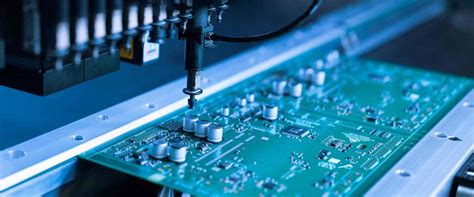
Ultra-Low Volume PCB Costs
When ordering PCB manufacturing for prototyping, understanding cost breakdowns is critical. Ultra-low volume runs (1-5 units) often carry higher per-unit prices due to setup fees, but many PCB manufacturing companies optimize pricing for small batches. For example, some providers waive tooling charges if you accept standard specifications, while others bundle design verification into base rates.
Key factors influencing PCB manufacturing cost include board size, layer count, and material type. A 2-layer FR-4 board typically costs 30-50% less than a 4-layer equivalent, making it ideal for initial testing. However, if your design requires high-frequency substrates or specialized finishes like ENIG, expect incremental increases.
To minimize expenses, compare quotes from providers offering no minimum order quantities (MOQs). Companies like JLCPCB and PCBWay structure pricing to favor prototypes, with per-board rates dropping sharply at 5-10 units. Always verify if shipping is included—some PCB manufacturing business models offset lower base prices with inflated logistics fees.
While chasing affordability, don’t overlook reliability. Cheap quick-turn services might compromise on testing, risking field failures. Balance PCB manufacturing cost with quality assurances like electrical testing or impedance control, especially for boards destined for rugged environments. By aligning your priorities with vendor strengths, you can secure functional prototypes without overspending.
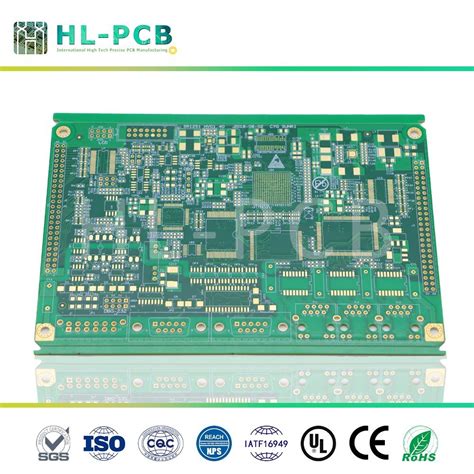
Hobbyist-Friendly PCB Production
When prototyping with PCB manufacturing, accessibility matters as much as affordability. Many PCB manufacturing companies now cater specifically to hobbyists by offering services that simplify the process for newcomers. Platforms like JLCPCB and OSH Park prioritize design-for-manufacturing checks and beginner-friendly interfaces, allowing you to upload designs without advanced technical expertise. These providers often feature instant quoting tools that clarify PCB manufacturing cost upfront, eliminating hidden fees that could derail tight budgets.
For ultra-low volumes (1-5 units), look for options with no-tooling charges and flexible material choices—critical when testing rigid boards for field applications. Some PCB manufacturing business models even integrate community-driven platforms where users share design tips, reducing trial-and-error cycles. While speed varies, many offer 5-7 day turnarounds at hobbyist-friendly prices, ensuring you can iterate quickly without overspending.
To maximize value, compare gerber file compatibility and customer support responsiveness across providers. Services like PCBWay’s design review assistance help catch errors before production, saving time and materials. By balancing PCB manufacturing cost with educational resources, these companies empower you to transform concepts into functional prototypes efficiently.
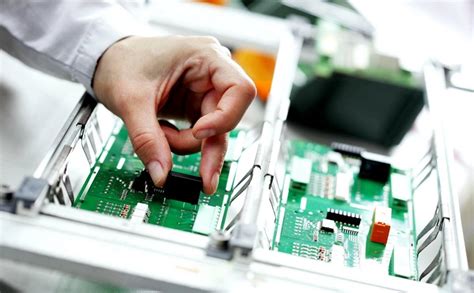
Quick-Turn Budget PCB Providers
When time-sensitive projects demand rapid iteration, balancing PCB manufacturing cost and turnaround speed becomes critical. Many PCB manufacturing companies now specialize in expedited services for prototypes, offering 24- to 72-hour production windows without inflating prices. Providers like JLCPCB and PCBWay excel here, leveraging automated workflows to reduce labor costs while maintaining quality—ideal for validating designs before scaling.
For ultra-low volumes (1–5 units), prioritize vendors with transparent pricing models. Some hobbyist-focused platforms waive setup fees entirely, absorbing overhead through standardized panel sharing. This approach slashes PCB manufacturing business expenses, letting you allocate funds to component sourcing or testing. However, verify material options: budget-friendly FR-4 is common, but high-frequency or flexible substrates may incur surcharges.
Transitioning from design to physical boards? Ensure your chosen provider supports direct file uploads (Gerber/EDA formats) and offers real-time quotes. Many platforms integrate instant DFM checks, flagging potential issues before production—saving both time and revision costs. While PCB manufacturing at this scale prioritizes affordability, don’t overlook certifications like ISO 9001, which signal consistent quality even in rushed orders.
By aligning speed, cost, and reliability, these services bridge the gap between concept validation and field deployment, ensuring your prototypes meet functional requirements without draining resources.
Reliable Cheap PCB Prototypes
When searching for PCB manufacturing solutions that balance affordability and dependability, you’ll want to prioritize companies with transparent processes and verified quality controls. Leading PCB manufacturing companies like JLCPCB and PCBWay optimize their workflows to reduce PCB manufacturing cost while maintaining industry-standard certifications such as ISO 9001 and UL listings. For prototyping, low-volume pricing models often include waived setup fees or bundled testing services, ensuring your design undergoes basic electrical validation before shipment.
The key to securing reliable prototypes lies in understanding how manufacturers manage their PCB manufacturing business overhead. Smaller batches typically cost more per unit, but providers specializing in 1-5 unit orders leverage automated production lines and standardized materials to keep prices competitive. Look for services offering FR-4 substrate options with 1oz copper thickness—these strike a practical balance between durability and affordability for field testing. Always verify turnaround times and return policies, as even minor delays can impact project timelines when iterating prototypes. By aligning your requirements with manufacturers’ core capabilities, you avoid compromising reliability for short-term savings.
JLCPCB vs PCBWay vs OSH Park
When choosing between PCB manufacturing leaders like JLCPCB, PCBWay, and OSH Park for ultra-low-volume prototyping, understanding their strengths helps you balance PCB manufacturing cost and quality. JLCPCB stands out for its aggressive pricing on simple 1-5 unit orders, with basic 2-layer boards starting under $2. Their automated quoting system minimizes PCB manufacturing business overhead, translating to faster turnarounds for standardized designs. PCBWay, while slightly pricier, offers greater flexibility for custom specifications like advanced materials or tighter tolerances, making it ideal for projects requiring niche adjustments. OSH Park adopts a batch-based model, pooling orders to reduce costs for hobbyists—though lead times may stretch longer than competitors.
All three PCB manufacturing companies prioritize reliability for field-testing prototypes, but their service scopes differ. JLCPCB excels in speed (5-7 day standard delivery), while PCBWay provides optional expedited shipping for urgent revisions. OSH Park’s signature purple solder mask and free shipping cater to aesthetic-focused or budget-constrained builds. For PCB manufacturing cost optimization under 10 units, compare their pricing calculators: JLCPCB often wins for sheer affordability, PCBWay for tailored needs, and OSH Park for micro-batch consistency. Consider your priorities—speed, customization, or community-driven transparency—to align with the right provider.
Budget PCBs for Field Testing
When deploying prototypes in real-world conditions, you need PCB manufacturing solutions that balance durability with affordability. PCB manufacturing companies specializing in ultra-low volumes often optimize designs for rugged environments, using materials like FR-4 or aluminum substrates to withstand temperature fluctuations and physical stress. For field-testing scenarios, prioritize providers offering PCB manufacturing cost transparency—look for clear breakdowns of layer pricing, surface finishes (like HASL or ENIG), and tolerances that match your testing requirements.
While cost-cutting is critical, avoid compromising on trace widths or solder mask quality, as these directly impact long-term reliability. Many budget-friendly PCB manufacturing business models now include design-for-manufacturing (DFM) checks to flag potential field failures, such as weak solder joints or impedance mismatches. Transitioning from lab prototypes to field-ready boards often requires faster turnarounds, so verify if your provider offers 24-48 hour shipping for urgent iterations.
By aligning material specifications with environmental demands and leveraging scaled pricing for 1-5 unit batches, you can maintain rigorous testing standards without exceeding budget limits. This approach ensures your prototypes survive harsh conditions while keeping per-unit PCB manufacturing cost under control—a key advantage when evaluating multiple design revisions.
Conclusion
When navigating pcb manufacturing for prototyping, your final decision hinges on aligning technical needs with budget constraints. Reputable pcb manufacturing companies like JLCPCB, PCBWay, and OSH Park showcase how streamlined processes and scale-driven pricing can drastically reduce pcb manufacturing cost for 1-5 unit orders. While affordability is critical, prioritize providers that maintain robust quality controls—especially if your boards will undergo rigorous field testing.
For hobbyists or startups, balancing pcb manufacturing business models with user-friendly platforms ensures smoother design uploads and faster turnarounds. Always cross-verify material options, layer counts, and finishing services against quoted prices to avoid unexpected expenses. By leveraging instant quoting tools and comparing lead times, you can secure functional prototypes without compromising reliability—even at ultra-low volumes. This strategic approach not only validates your designs cost-effectively but also builds a foundation for scaling production when ready.
FAQs
How do pcb manufacturing costs vary for 1-5 unit prototypes?
Most pcb manufacturing companies adjust pricing based on board size, layer count, and material selection. For ultra-low volumes, expect higher per-unit costs due to setup fees, but services like JLCPCB or PCBWay offer standardized pricing models to keep expenses predictable.
Can cheap prototypes maintain reliability for field testing?
Yes, many budget-focused pcb manufacturing providers now use industrial-grade materials and automated quality checks. Prioritize companies specifying IPC-6012 standards or offering free design reviews to avoid functional flaws in your prototypes.
What’s the turnaround time for low-cost PCB services?
Basic 2-layer boards often ship in 24-48 hours, while complex designs may take 5-7 days. Some pcb manufacturing businesses like OSH Park batch orders to reduce costs, which can extend lead times—plan accordingly if speed is critical.
How do I choose between JLCPCB, PCBWay, and OSH Park?
JLCPCB excels at cost efficiency for simple designs, PCBWay offers more customization for pcb manufacturing cost optimization, and OSH Park specializes in community-supported hobbyist projects. Compare their design rules and support options before committing.
Are there hidden fees in ultra-low-volume orders?
Always check for tooling charges, shipping costs, and payment processing fees. Transparent pcb manufacturing providers list these upfront, but review their terms for minimum order requirements or rush-service premiums.
Ready to Start Your Project?
For tailored solutions balancing affordability and reliability in pcb manufacturing, please click here to explore custom quotes and instant pricing tools.

